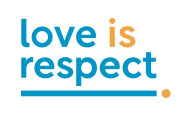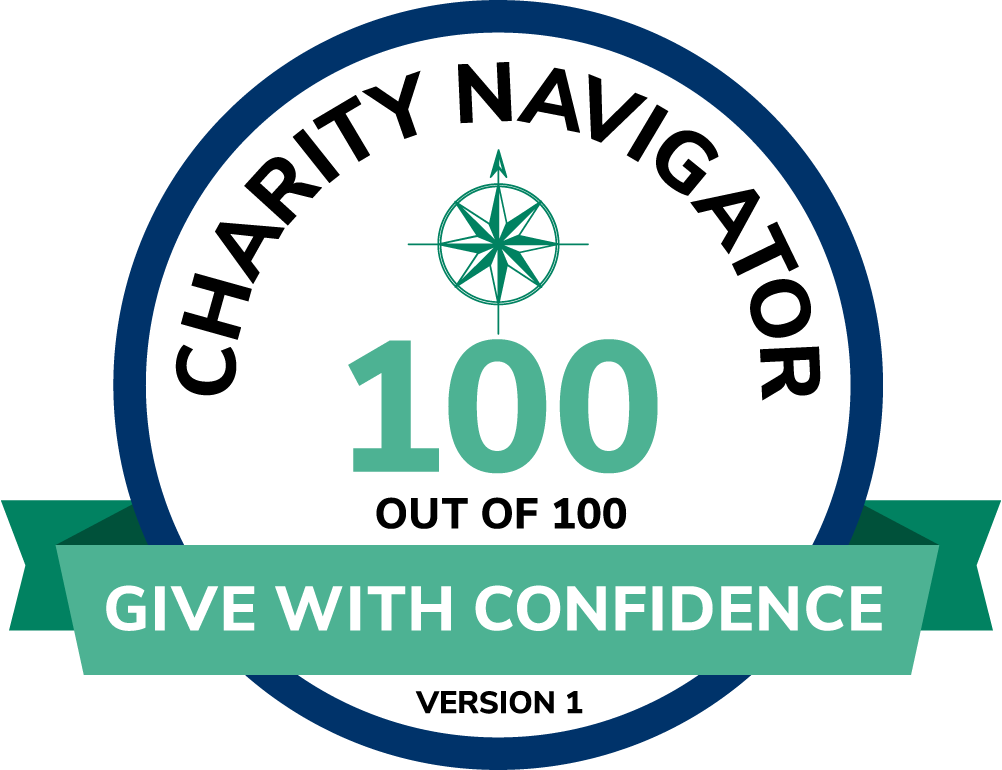Dating Violence
Dating violence is about control. Dating violence happens when one person in a relationship uses abusive behavior to control the other person. The abuse is often physical, but not always.
Dating violence between young people often begins with behaviors that are not physically violent. They may start as:
- violating personal boundaries,
- emotional abuse, or
- controlling behavior.
I Am Experiencing Dating Violence
Noah Project offers crisis intervention services to anyone experiencing violence or stalking from someone they are dating:- 24-hour hotline
- Safe, anonymous residential shelter
- Outreach services for clients not in shelter
- Safety planning
- Crisis counseling
- Legal services
Am I Experiencing Dating Violence?
Unfortunately, dating abuse is surprisingly common. It can be difficult to identify and hard to escape. If you are worried about someone in your life, look for these red flags in their relationship and communicate to them.Physical Violence
Physical abuse is more than just hitting. It may also involve:- Objects like tools or weapons
- Destroying your things
- Crowding your space
- Holding you so you can't walk away
- Driving you out to the middle of nowhere
- Threatening suicide
- Making someone use drugs/alcohol
- Abusing pets
- Displaying weapons
- Destroying property
- Asking victim to drop charges
- Threatening to leave
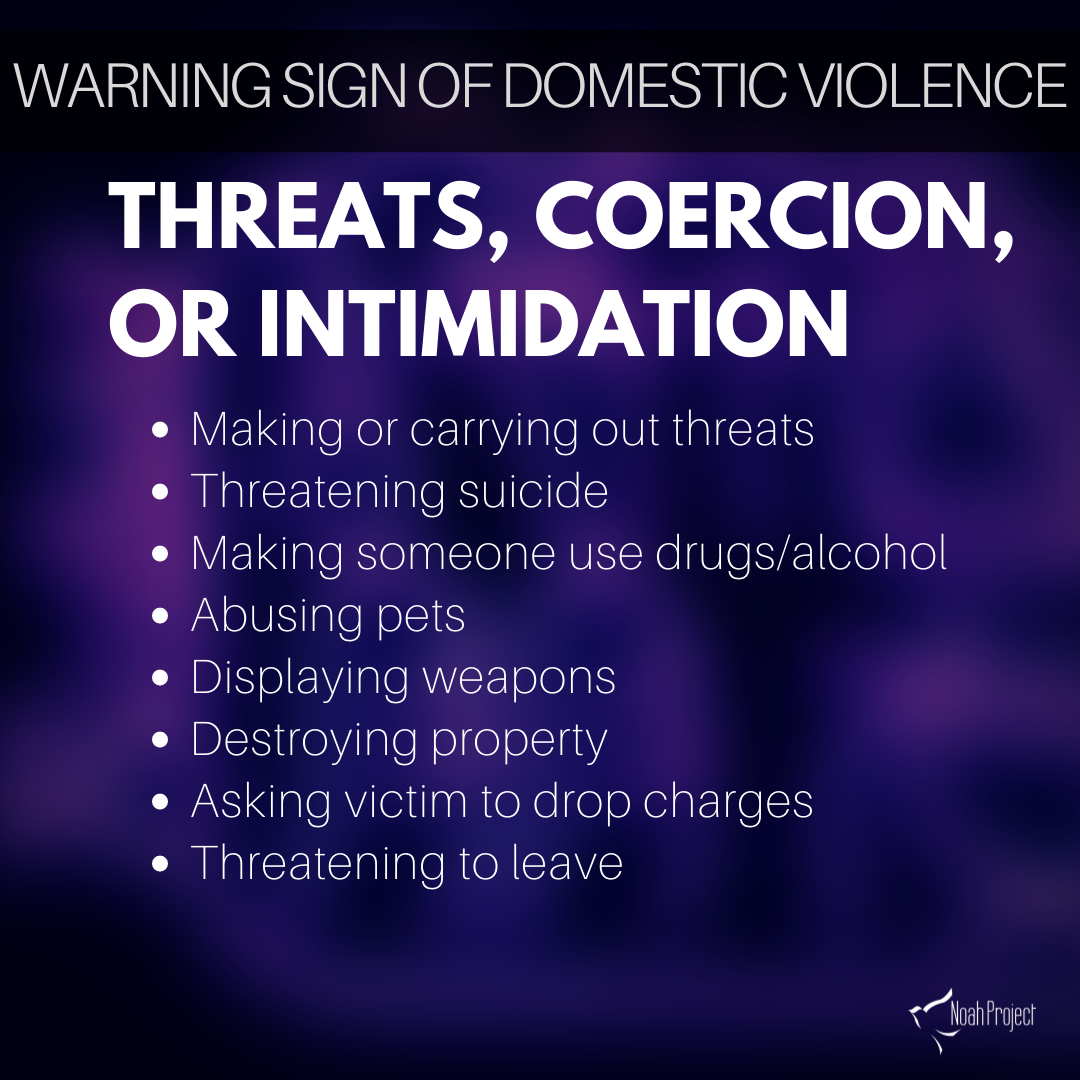
Sexual Abuse
Sexual abuse is common in abusive relationships.Sexual abuse is any sexual behavior meant to control, manipulate, humiliate, or demean another, such as:
- unwanted touching
- forced sex
- forcing you to dress a certain way
- watching others perform sexual acts It is usually well hidden, and it can be very difficult to talk about. Sexual abuse creates confusion, humiliation, guilt, shame.
Emotional Abuse
Emotional abuse can be very damaging. It’s difficult to identify, but usually involves repeated words and actions intended to hurt or humiliate you in front of others, such as:- Name calling
- Gaslighting
- Mind games
- Humiliation
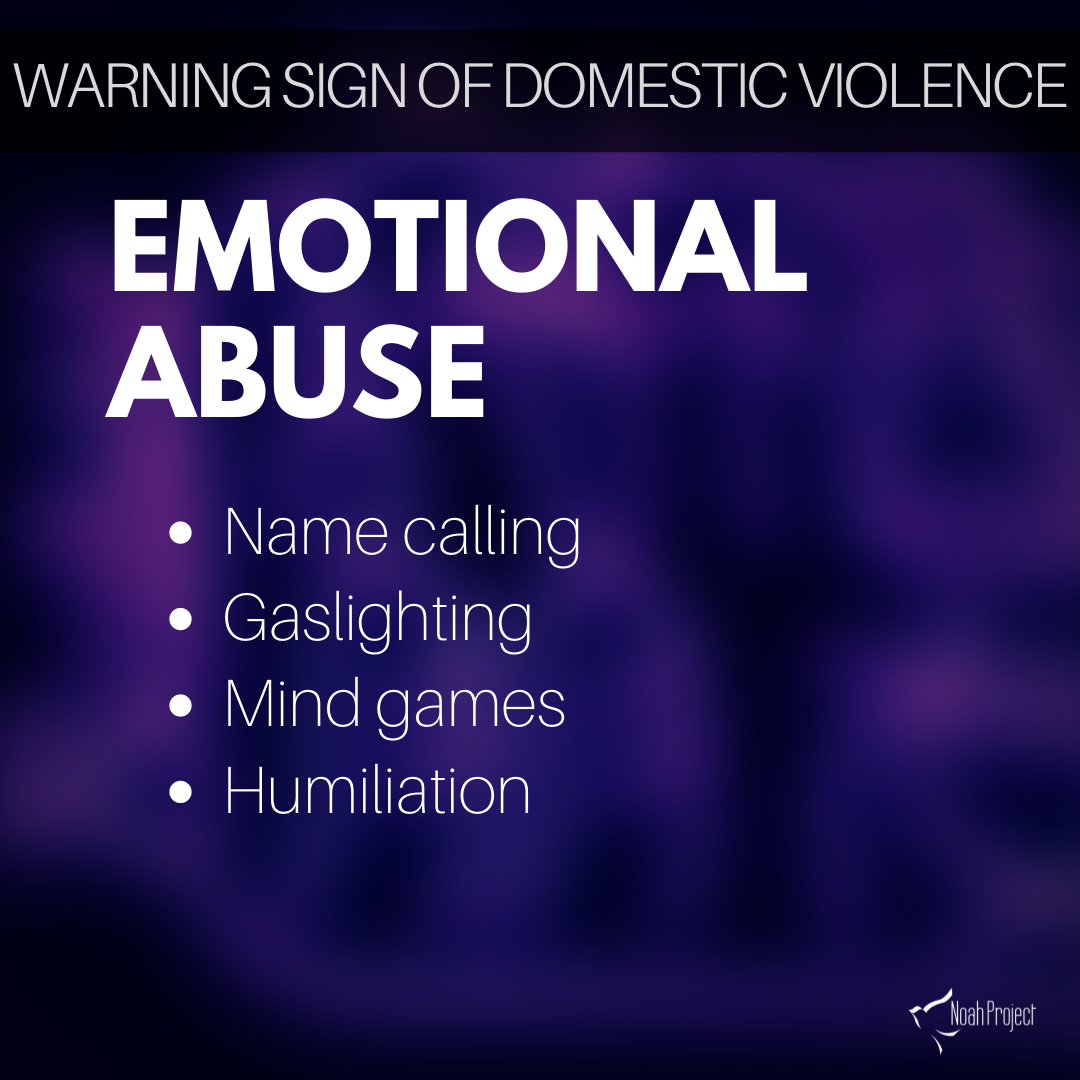
Isolation & Social Deprivation
Keeping you away from your friends is not okay. Cutting someone off from friends and family is very common in abusive relationships. Your partner should not:- Make you feel bad about hanging out with friends
- Make you feel guilty if you want time to do your own things.
- Control what you do, where you go, or who you talk to
- Use jealousy to justify unhealthy actions
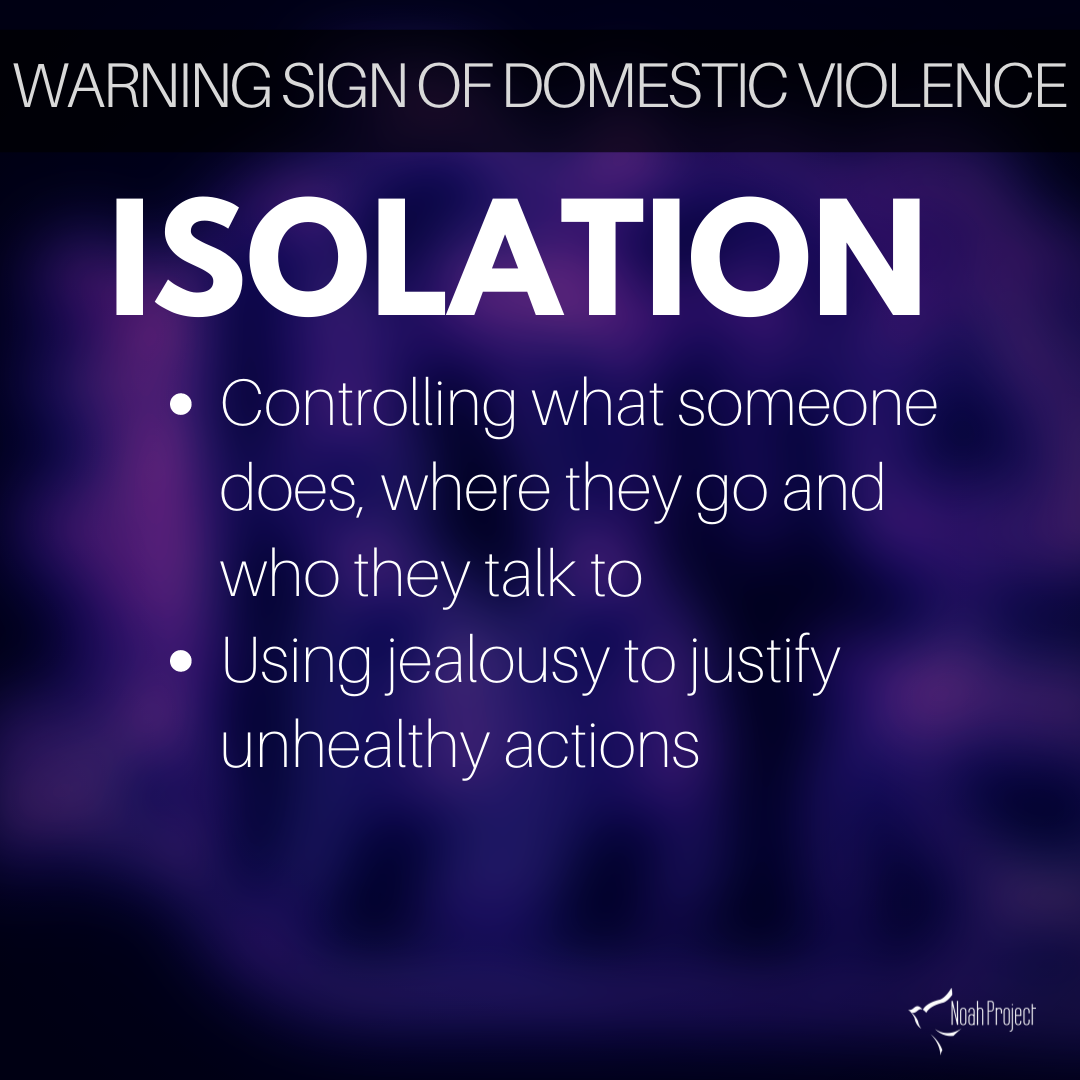
I Know Someone Who Needs Help
- Let them talk at their own pace. Do not push them to talk about things they don’t want to share.
- Remind your friend that the abuse is not their fault and that they deserve to be treated with respect.
- Remind them that abuse is not normal. Relationships should be fun and healthy.
- Find someplace private to talk.
- Make sure your friend knows that you will keep everything confidential. If their abuser finds out that they are talking to others, it can put them in danger.
- Offer to help them by being part of their safety plan or getting more information for them.
- Do not be judgemental. Abuse is about control; if the abuse has reached the point where others are noticing it, the victim is already being controlled. Leaving an abusive relationship is hard, and it usually takes more than one try.
- Let your friend know that you will be there for them.
I WANT MORE INFORMATION
These national organizations offer additional resources and information on dating violence:CALL (325) 676-7107 FOR HELP




